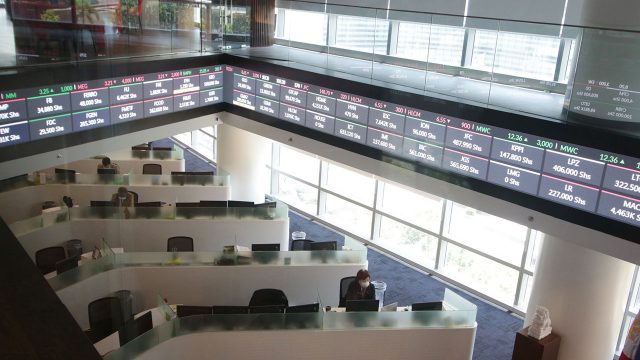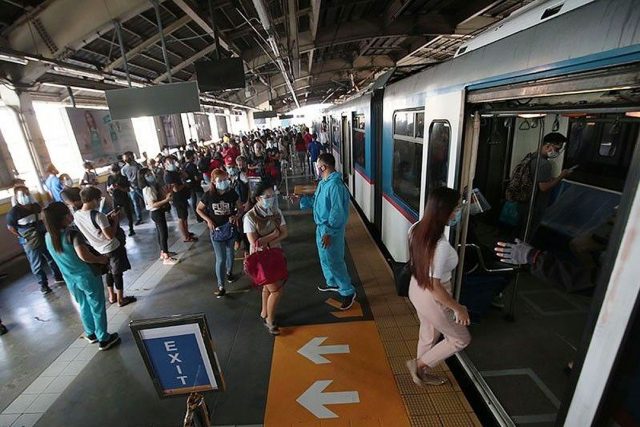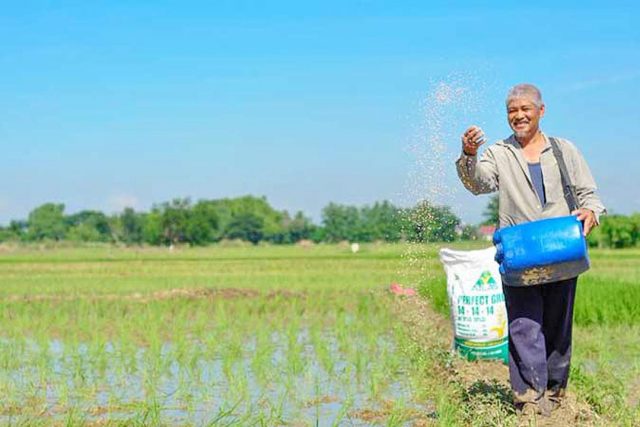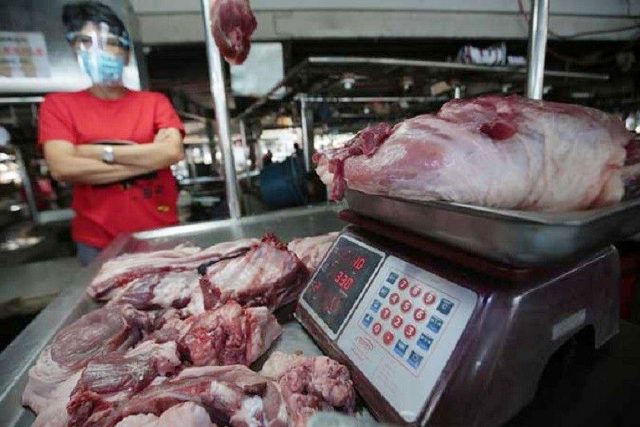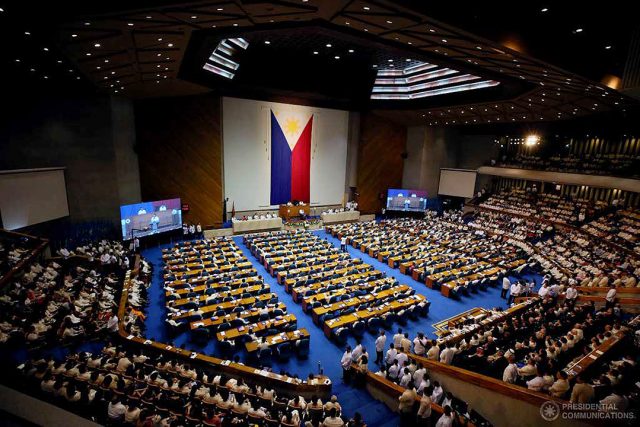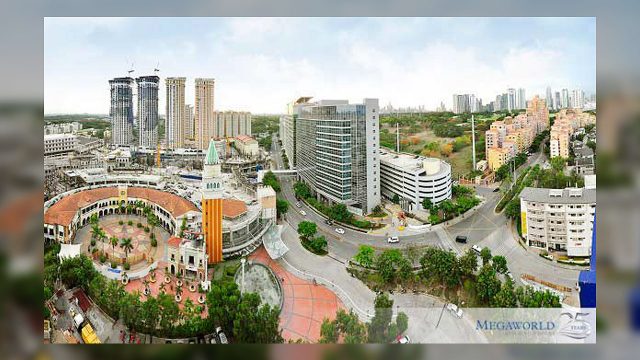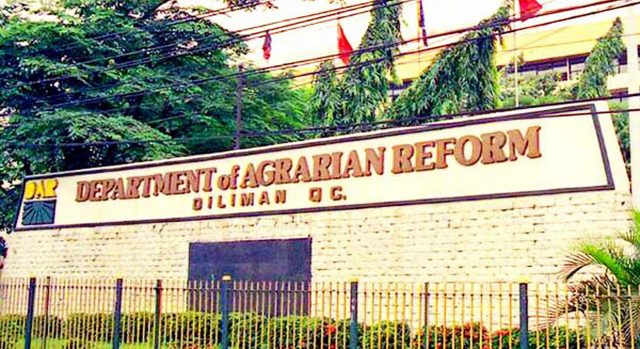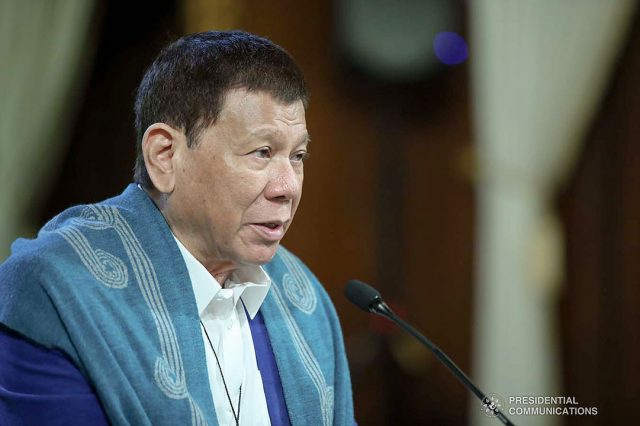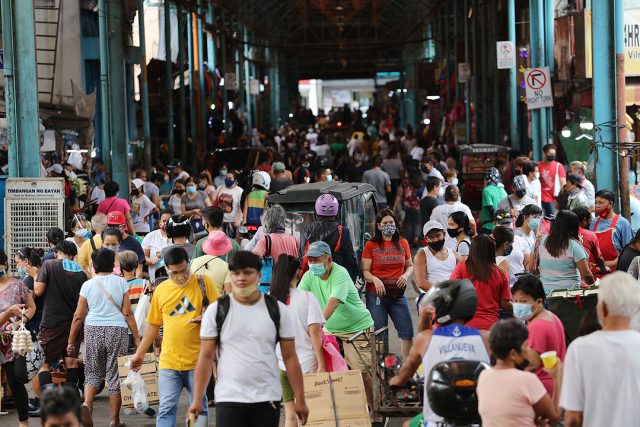Stocks drop ahead of RTB offering, BSP review
PHILIPPINE shares declined on Monday due to profit taking amid disappointing economic data ahead of the government’s retail Treasury bond offer and the Bangko Sentral ng Pilipinas’ (BSP) policy review.
The 30-member Philippine Stock Exchange index (PSEi) decreased 40.47 points or 0.54% to end at 7,342.37, while the broader all shares index lost 13.15 points or 0.33% to close at 3,951.53 on Monday.
Regina Capital Development Corp. Head of Sales Luis A. Limlingan said in a Viber message that the market closed lower due to profit taking following weak regional and US data.
Investors also chose to stay on the sidelines ahead of the BSP’s policy meeting on Thursday, he said.
Meanwhile, Rizal Commercial Banking Corp. (RCBC) Chief Economist Michael L. Ricafort said in a Viber message that the stock market’s decline was due to “the upcoming RTB (retail Treasury bond) issuance and other various fund-raising by the country’s biggest companies through the stock market and fixed income market, especially for the month of November 2021,” as funds to shift to these instruments.
The BTr will offer 5.5-year RTBs to raise at least P30 billion ($603 million), with a swap offer for bonds falling due in 2022, it said on Friday. The offer period is set to run from Nov. 16 to Nov. 26, unless the BTr closes it early. The papers will be issued on Dec. 2 and will mature by 2027.
Mr. Ricafort added that Manila Electric Co.’s (Meralco) announcement of higher electricity rates for this month could affect inflation, “which eats up on earnings and profit margins.”
In a statement on Friday, Meralco said the overall rate for a typical household jumped by P0.3256 per kilowatt-hour (/kWh) to P9.4630/kWh in November compared to the P9.1374/kWh in October “due to higher generation charge.”
According to Meralco, the generation charge for November increased by P0.2911/kWh to P5.3346/kWh due to the shutdown of the Malampaya natural gas facility.
Sectoral indices declined except for holding firms, which inched up by 0.71 point or 0.01% to 7,107.34.
Meanwhile, mining and oil dropped 313.55 points or 3.23% to 9,370.32; property lost 37.31 points or 1.10% to end at 3,339.77; financials declined by 15.39 points or 0.95% to 1,598.33; industrials gave up 64.25 points or 0.59% to close at 10,761.63; and services went down by 11.35 points or 0.56% to 1,992.77.
Value turnover declined to P7.96 billion with 1.30 billion issues traded on Monday, lower than the P10.42 billion with 1.55 billion shares seen on Friday.
Decliners beat advancers, 124 against 71, as 42 names closed unchanged.
Foreigners turned sellers anew with net outflows worth P342.41 million on Monday from the P306.23 million in net purchases recorded on Friday.
The PSEi’s initial support is at 7,300, “in view of last week’s intra-week low of 7,315,” while the next resistance is at the 7,400 to 7,500 levels, Mr. Ricafort added. — BADA

